Our A-Z of herbal remedies
Herbal remedies are natural and have been used for centuries. We've compiled an A-Z of some of the most popular.
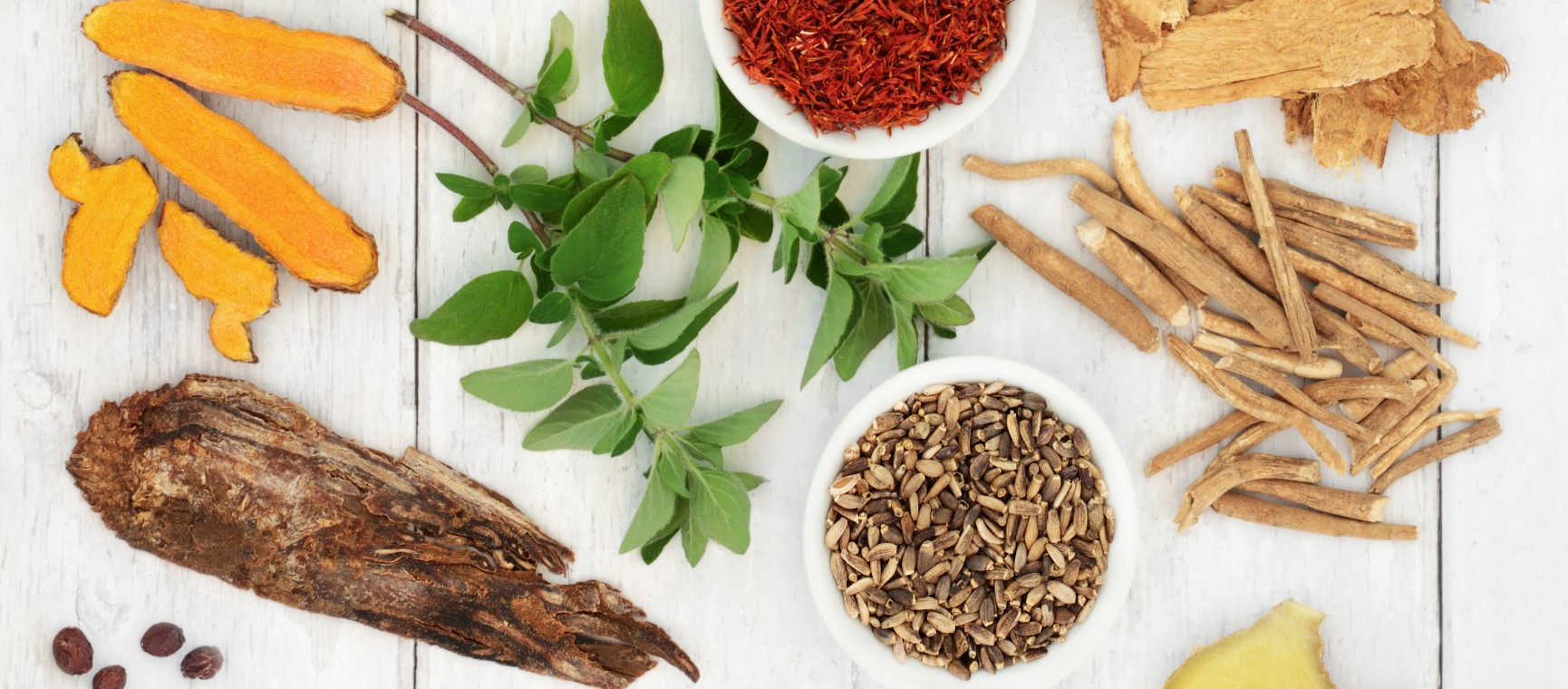
Herbal remedies are natural and have been used for centuries. We've compiled an A-Z of some of the most popular.

Herbs are the basis of some modern drugs: for example, quinine came from cinchona bark, digitalis from the foxglove, and aspirin from willow bark. Today, an estimated 25% of all pharmaceuticals still come directly from plants.
They have been used as remedies over many hundreds of years. By their very nature, herbs are complex, each one comprising tens if not hundreds of individual chemical compounds, so identifying the active components is not a simple matter.
Herbs are classed as dietary or nutritional supplements. Manufacturers cannot say their product will cure a disease, or alleviate symptoms and therefore the labels on herbs make no claims of specific health benefits.
In general, herbs are less potent than drugs. Herbs have few side effects but this does not mean you can take them freely and without care. Many people mistakenly assume that because they are natural they are harmless. High doses taken for a long time can cause problems, and some cause allergic reactions or other symptoms. Herbs have the potential to be very effective, but they need to be used responsibly.
The quality of herbal remedies varies, depending on a number of factors. Their growing season, the climate, soil conditions, whether they are organic or farmed, when they are harvested, storage conditions, length of storage and so on, all make a difference to their quality. This means that the potency of the product will not be as precise as a man-made drug.
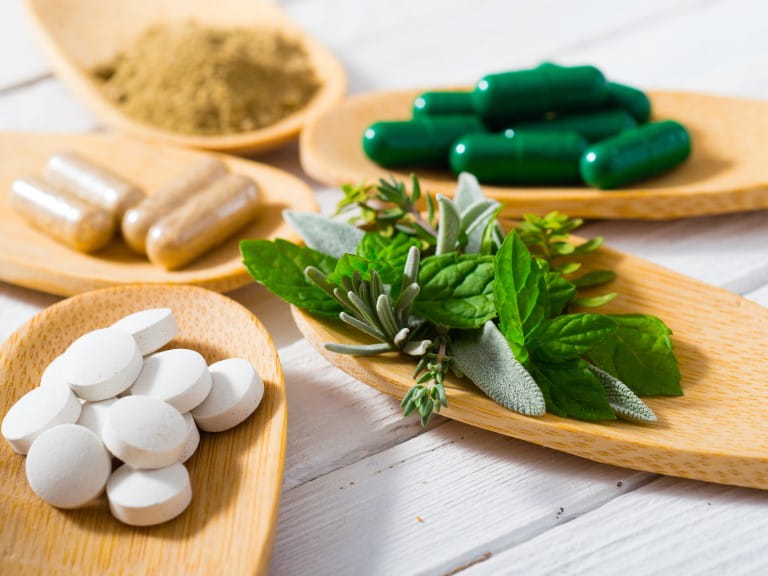
Some herbs interact with drugs, other herbs and foods; for example, garlic and ginkgo may increase the side effects of blood-thinning drugs; Echinacea may counteract immunosuppressive drugs; Siberian ginseng may increase the effects of antibiotics and valerian may increase the effects of other sedatives.
If you are taking any medication always consult your GP before using herbal supplements
Herbs may be called "specifics" or "tonics". A specific targets a particular symptom, such as valerian taken for insomnia. They are usually taken only for short times or when the symptoms occur.
A tonic works on the whole body or organ: ginseng slowly strengthens the immune system. Tonics are taken long-term, sometimes with breaks. Some herbs have both specific and tonic properties.
Most herbal remedies are sold as capsules or tablets containing dried herbs or standardised extracts. Dried plants can lose potency more quickly and you might have to take several capsules to make one effective dose. Extracts are made by soaking the herb in alcohol to extract the chemical components from the plant.
Some products give their strength as a standardised extract of the active ingredients, for example: Bilberry with 25% anthocyanocides, Garlic with 5.4mg of allicin, and Ginkgo biloba with 24% ginkgo flavone glycosides.
As well as the range of single herbs, there are many combination products available. Single herbs have the advantage that you can choose the ones that may be right for your symptoms and identify any that cause side effects or allergic reactions.
Combination products can be convenient and may be cheaper, but you may not have all the information you need about them to make an informed choice. For instance, is there enough of each herb to have the desired effect? Or does it contain a herb you don't really need? Some products combine the significant actions of each herb at a lower dose.
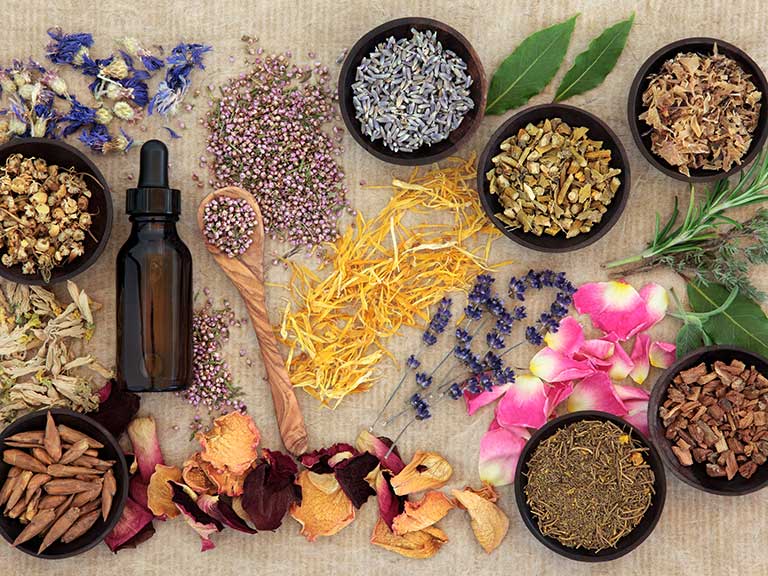
These herbs are believed to have the following properties:

Expert nutritionists break down the most important foods to eat in each decade as we get older.

We reveal the 7 best tinned foods to supercharge your health while saving you time and money.

From ketchup to mayo – how healthy are your sauces? We find out the pitfalls and surprising benefits of our favourite condiments.

Could honey be the sweetest way to supercharge your health this year? Our experts explain the benefits and which to buy.
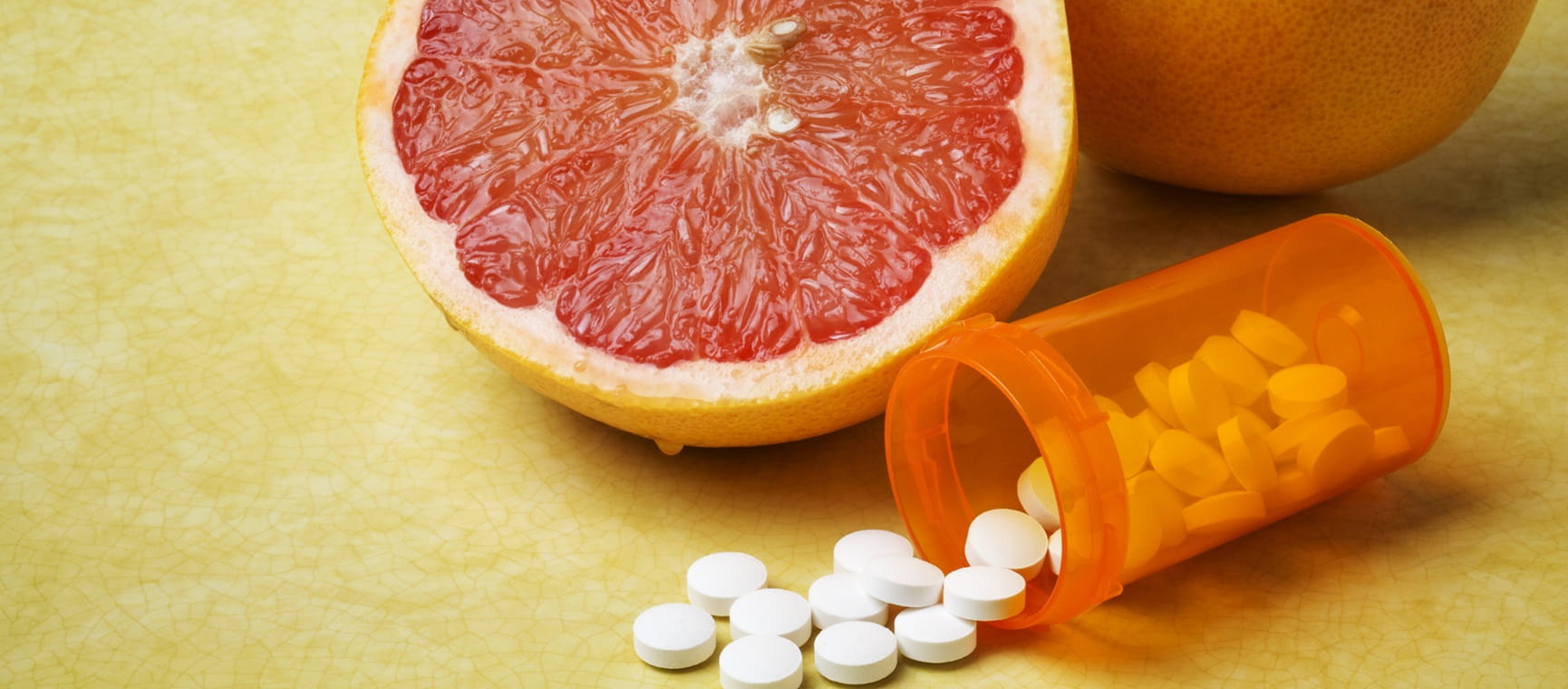
Our expert guide to the common foods you shouldn't mix with prescription drugs.

Experts reveal whether chilled supermarket soups are worth the extra cost and if some flavours are better for you than others.
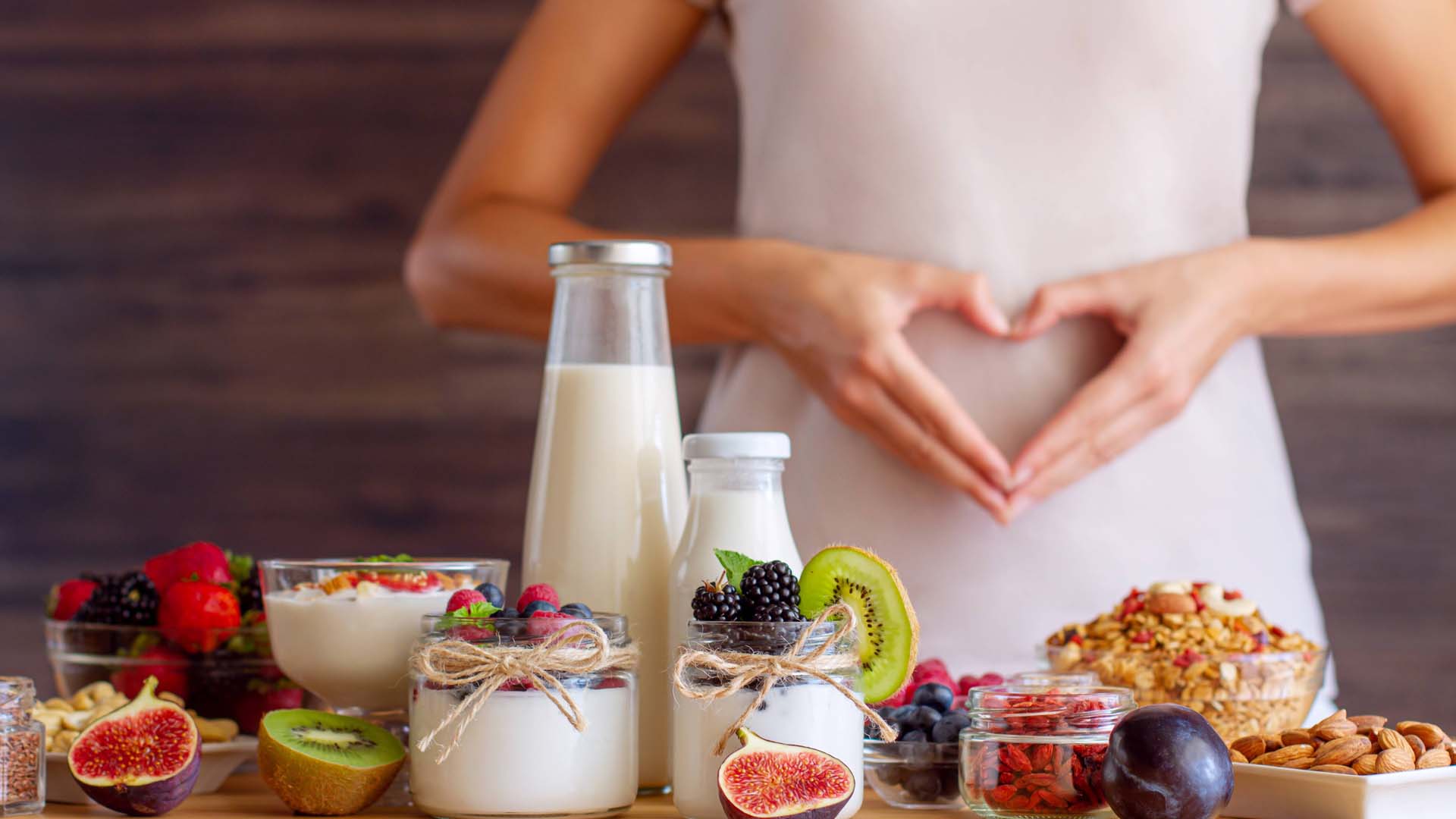
Looking after your gut health could be one of the biggest things that you can do for your overall health. Here are the best foods to keep your gut happy.
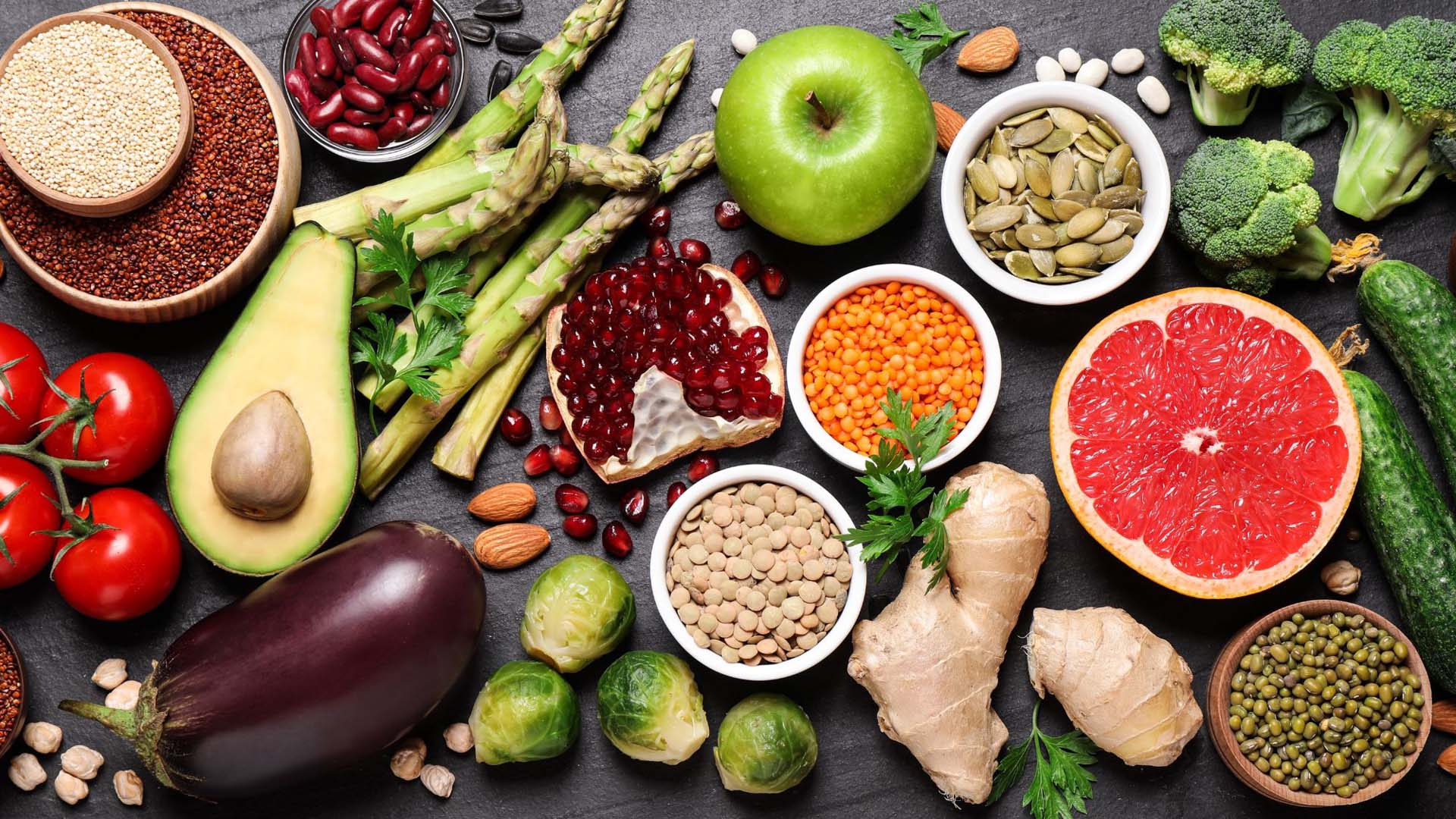
The foods that could help you live longer and protect against chronic illness.

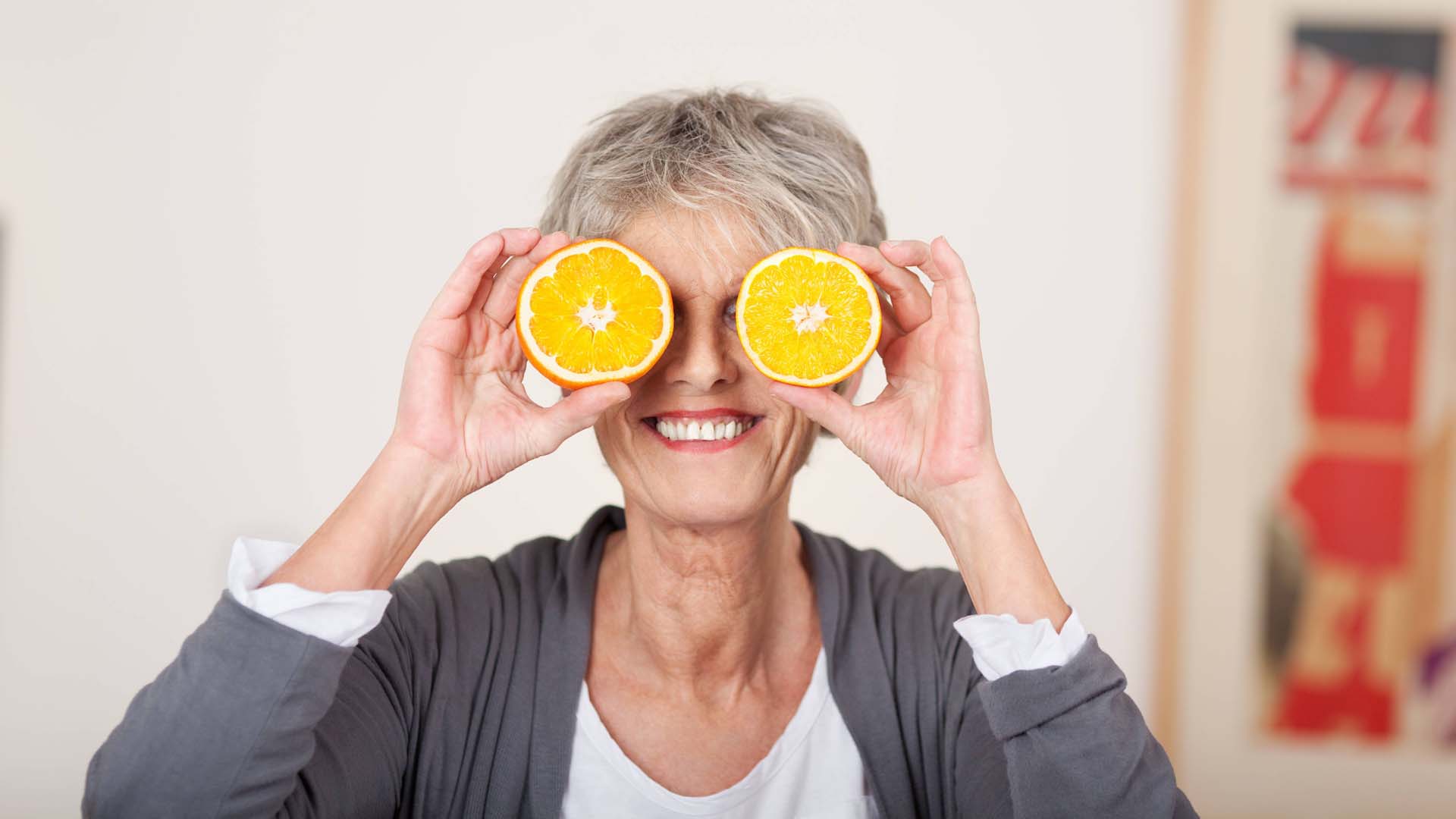
A dietician reveals which foods can help protect vision and prevent age-related eye conditions.
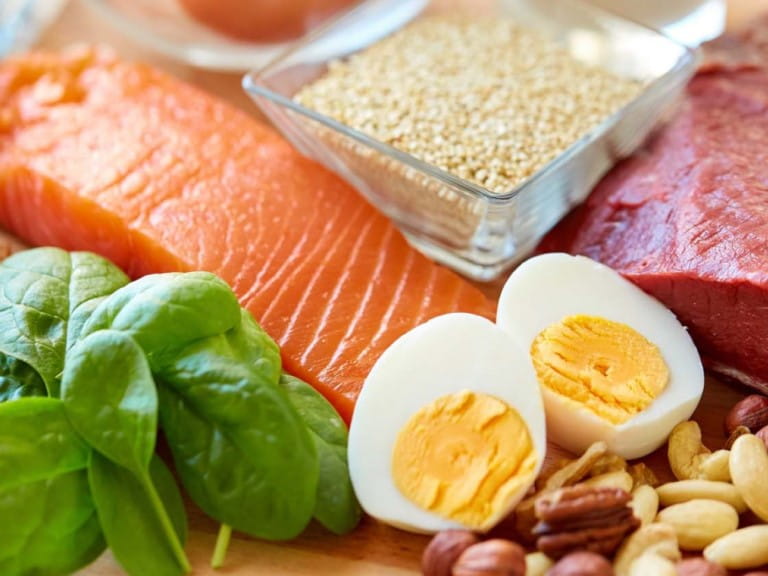
Everything you need to know about protein, from how it benefits your body to the best high-protein foods – and how much you really need.